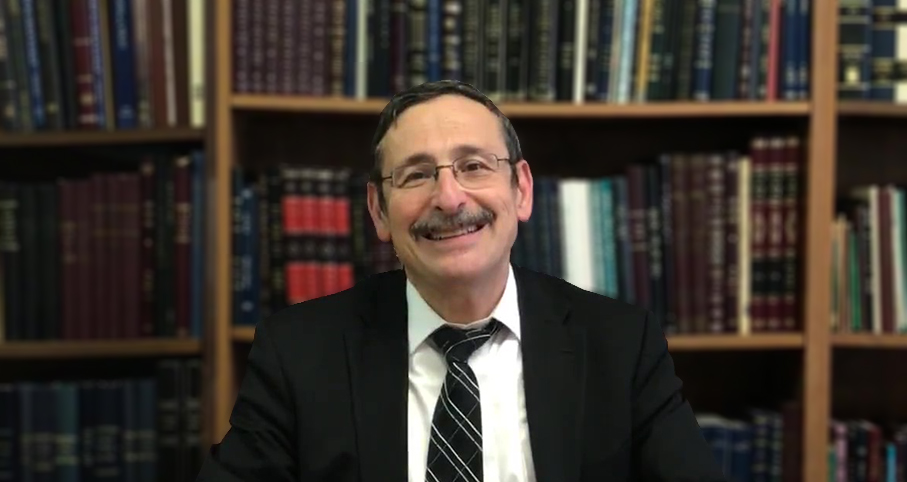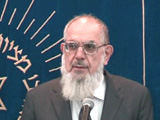- Torah Portion and Tanach
- Beshalach
The Torah study is dedicatedin the memory of
Revital Bat Lea
3078
The midrash (Eicha Rabbati), in another context, demonstrates that participation is the higher level. The midrash contrasts the approach to impending battle of four prominent Kings of Israel. David asked of Hashem: "I shall chase my enemies, and I shall catch up to them" (Tehillim 18:38). Hashem enabled him to do so. One of the early kings of the Davidic dynasty, Assa, turned to Hashem and said: "I do not have the strength to kill my enemies. Rather, I will chase them, and You will kill them." The midrash proves that this request was also granted. Yehoshafat admitted: "I do not have the strength to chase the enemy. Rather, I will sing songs of praise, and You will do everything." This too was done. The last of the kings mentioned, Chizkiyahu, said something mind-boggling: "I do not have strength to kill or chase or sing songs of praise. Rather, I will sleep on my bed, and You will do." Indeed, as Chizkiyahu slept, Hashem’s plague destroyed Sancherev’s whole army.
The midrash’s language and context demonstrates that this is an illustration of yeridat hadorot, an erosion in people’s level from one generation to the next. David’s approach was the healthiest of the four. He merited taking an active in role in fighting for/with Hashem, as Avigayil said: "For my master does fight the wars of Hashem." The least commendable of the four is Chizkiyahu, who did not even have the strength to properly sing to Hashem. In fact, Hashem was willing to make that battle the apocalyptic war and Chizkiyahu would have been Mashiach had he sung songs of praise (Shir Hashirim Rabbah 4).
Let us return to Yam Suf. After seeing endless miracles, the nation still complained, "It would have been better to be slaves to Egypt." By doing so, they lost the right not only to fight but even to sing to Hashem as He prepared to save them, as Moshe declared: "Hashem will fight for you, and you will be silent." Only the self-sacrifice and belief of entering the sea enabled them to sing. As we say in tefilla: "A new song sang the liberated on the shores of the sea."
In our generation, which is one which put its lives on the line many times, let us pray that we will merit to sing the song of ultimate redemption.

Pondering Passover
Part 1
Rabbi Eliezer Melamed | Adar 5761

Parsha Summary: Tazria
An Overview of the Torah Portion
Rabbi Stewart Weiss

Must My Car and Table Observe Shabbos?
Rabbi Yirmiyohu Kaganoff

Mourning Customs During the Omer
Rabbi Eliezer Melamed | 5764

Ask the Rabbi: Scratching Improperly Parked Cars
Rabbi Daniel Mann | Iyar 5785
Daf Yomi Makkot Daf 20
R' Eli Stefansky | 30 Nisan 5785
Daf Yomi Makkot Daf 21
R' Eli Stefansky | 1 Iyar 5785







